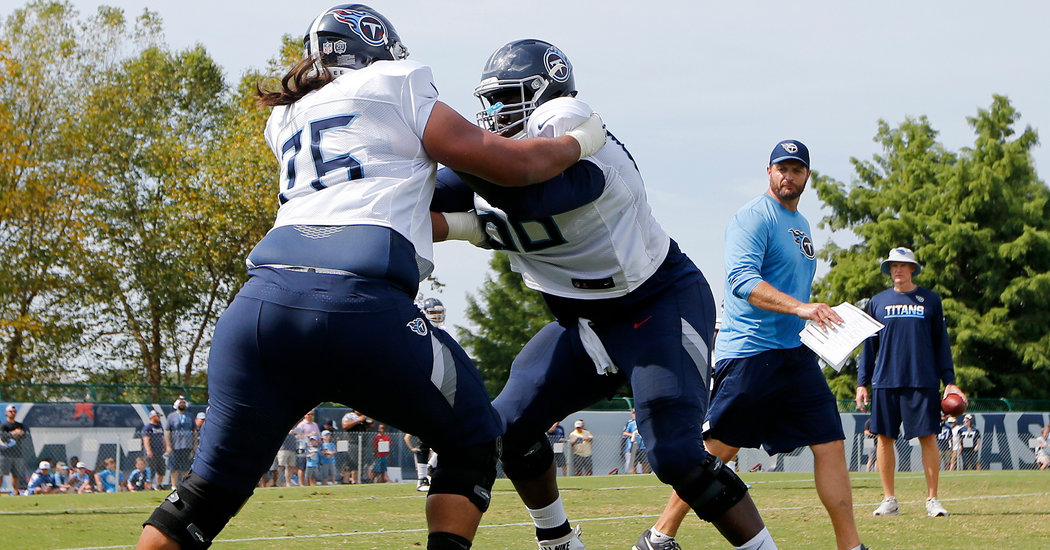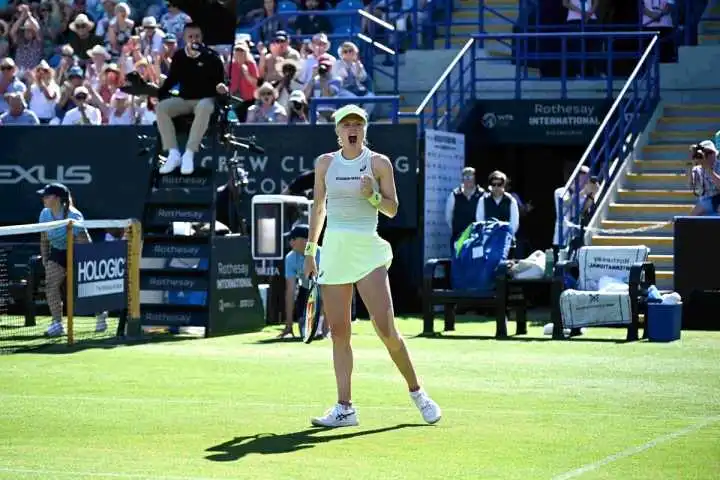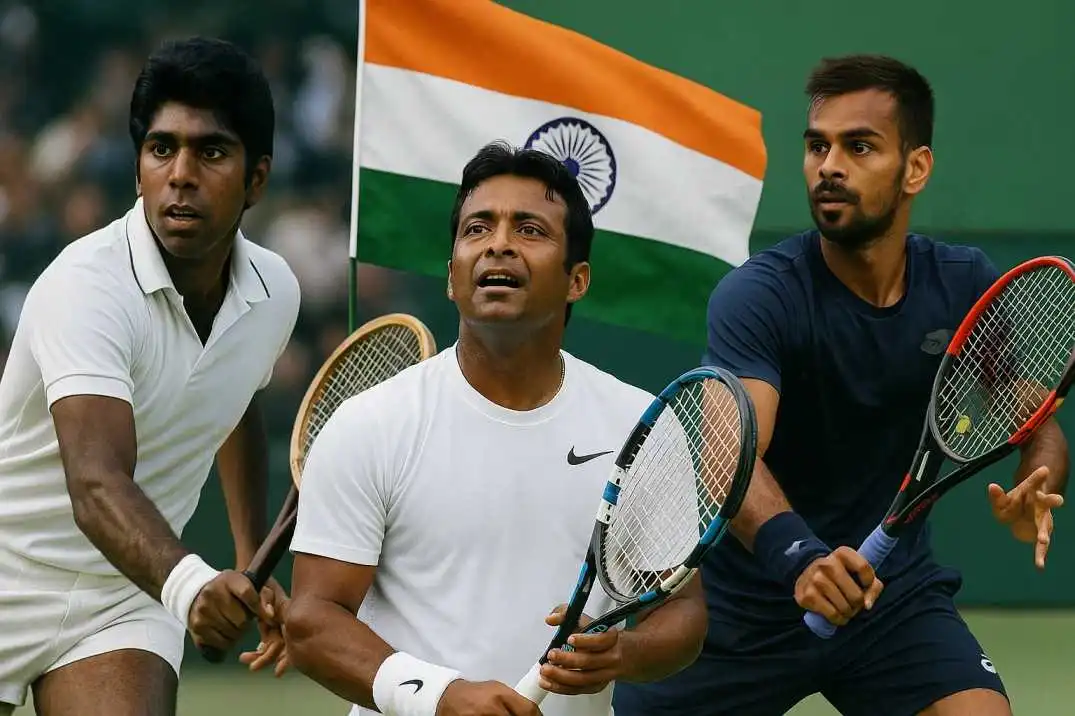The N.F.L. has outlined the steps teams must take before players can return to training facilities, the latest attempt by the league to return to business as usual in an off-season that has largely been conducted virtually.
Yet while the league claimed the protocols were created in cooperation with the N.F.L. Players Association, the union said it had not agreed to any guidelines. The union’s president, J.C. Tretter, told players on Twitter on Monday to “be wary of any updates or information about returning to work from the league or your team.” He invited players to contact him for “accurate updates as we push for the safest possible return to work.”
The dispute cast doubt on the lengthy memo sent to team executives, general mangers, head coaches and trainers, which was dated Sunday. Executives and doctors from the league and the union have worked together during the coronavirus pandemic, but the disagreement suggested that the league had again tried to push faster than the union to bring the players back.
A spokesman for the N.F.L. did not return a request for comment about the union’s position.
The memo included no date for when players could return. Training camps are, for now, scheduled to start in late July. But the league has said it will follow the guidelines that state and local authorities set for large gatherings and the opening of workplaces before giving teams the green light to invite players back. The league has also said that to maintain competitive balance, no team will be allowed to start training camp unless every team has been cleared to do so.
To prepare for training camps, the league said in the memo, teams must appoint an employee to oversee the return to work, which includes educating all employees on ways to reduce the risk of transmitting the coronavirus. The health protocols address access to team facilities; physical distancing inside locker rooms, weight rooms and other places; food and medical services; and cleaning. The memo also outlined procedures for screening employees for symptoms and instructions on what to do when a player or other employee tests positive for the virus.
“While these protocols have been carefully developed and are based on the most current information from leading experts, no set of protocols can eliminate the risk of contracting Covid-19, nor ensure that the disease itself will be mild,” the memo said.
Unlike Major League Baseball or the N.B.A., the N.H.L. and other leagues that were in season, the N.F.L. has not had to cancel any games because of the pandemic. It entered its off-season in early February, a month before cities and states in the United States began implementing stay-at-home orders. In mid-March, the N.F.L. closed all offices and team facilities and banned most travel. But it proceeded with free agency, the rookie draft and off-season meetings online.
Though training camps are weeks away, if not months, the N.F.L. decided teams must hold them at their club facilities, and it prohibited joint practices.
In recent weeks, the league has let teams reopen their facilities to limited numbers of front office staff and coaches, who, unlike the players, are not represented by the players’ union. Coaches at more than half of the 32 N.F.L. teams did not return to their team facilities last week even though they were allowed to, according to The Associated Press.
Some coaches returned, including from the Kansas City Chiefs and the Green Bay Packers, but teams let coaches decide whether they wanted to continue working from home. In some cases, coaches were not yet in their team’s city.
The league’s roughly 2,000 players, however, continue to train remotely. To prepare for their return, the league said teams must designate three tiers of employees. The first group will be the players and the personnel who need direct access to the players, like coaches, trainers and equipment staff. The second tier includes people who may need access to the players and others in the first group, including additional coaches, trainers, team owners, general managers and security personnel. The third group includes those who maintain the facilities and stadiums but who do not need to meet directly with players.
Those with access to restricted areas, like locker rooms, must be checked daily to determine if they have been in contact with anyone who has the disease or if they have any symptoms related to Covid-19, which include fever, cough, shortness of breath and loss of sense of smell or taste. Teams must designate separate entrances for the first and second groups. Players can only work out in small groups, and meetings should be held virtually when possible. If in-person meetings are required, teams should try to hold them outdoors.
The league said that its protocols would most likely be revised.
“We should expect that these protocols will change as medical and scientific knowledge of the disease continues to grow,” the memo said.









